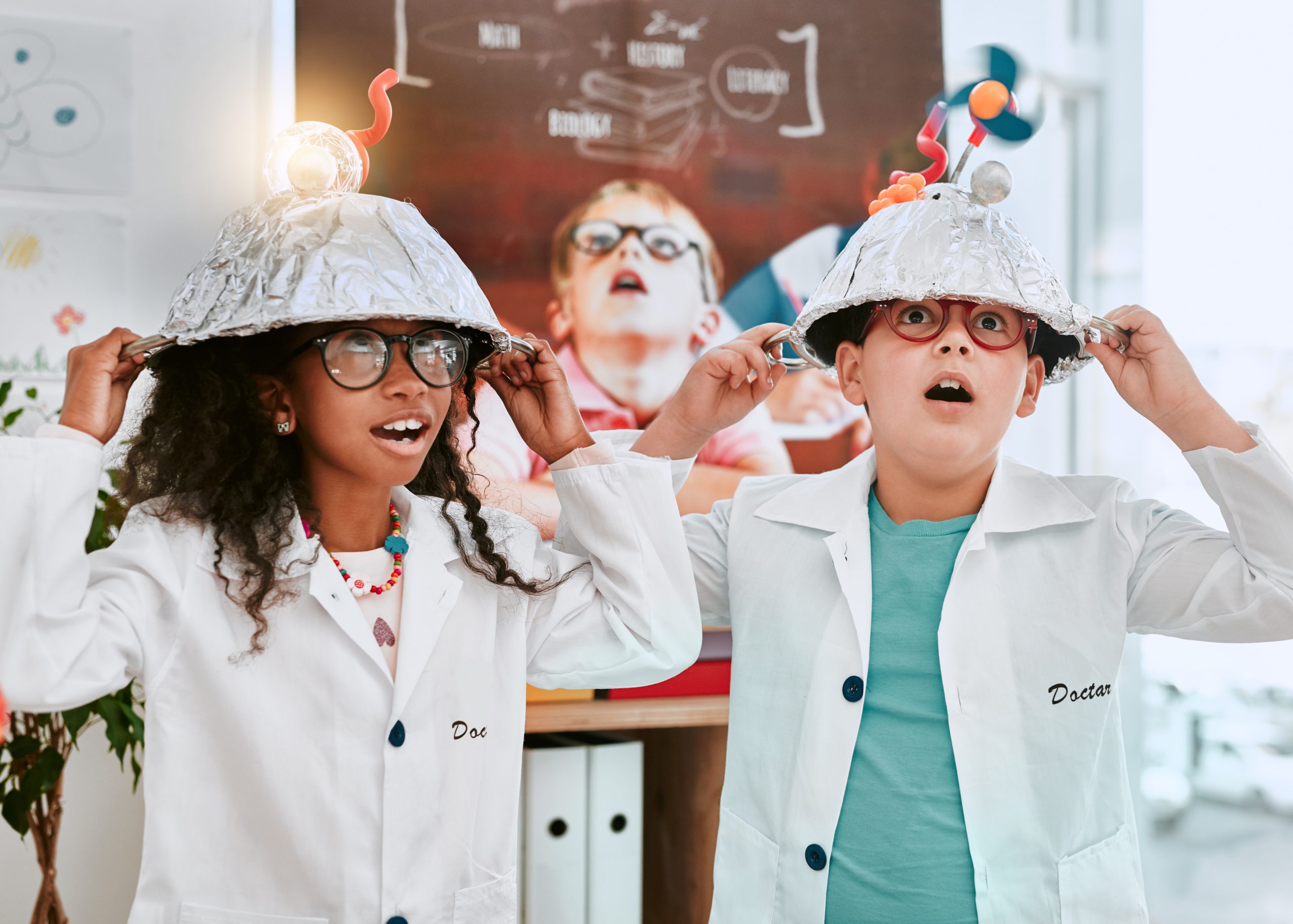
Understanding Mental Illness: Our Brain Is A Message Centre
Our brains are message centres that send messages to different parts of our…
Read moreBritish Columbia Schizophrenia Society (Youth)
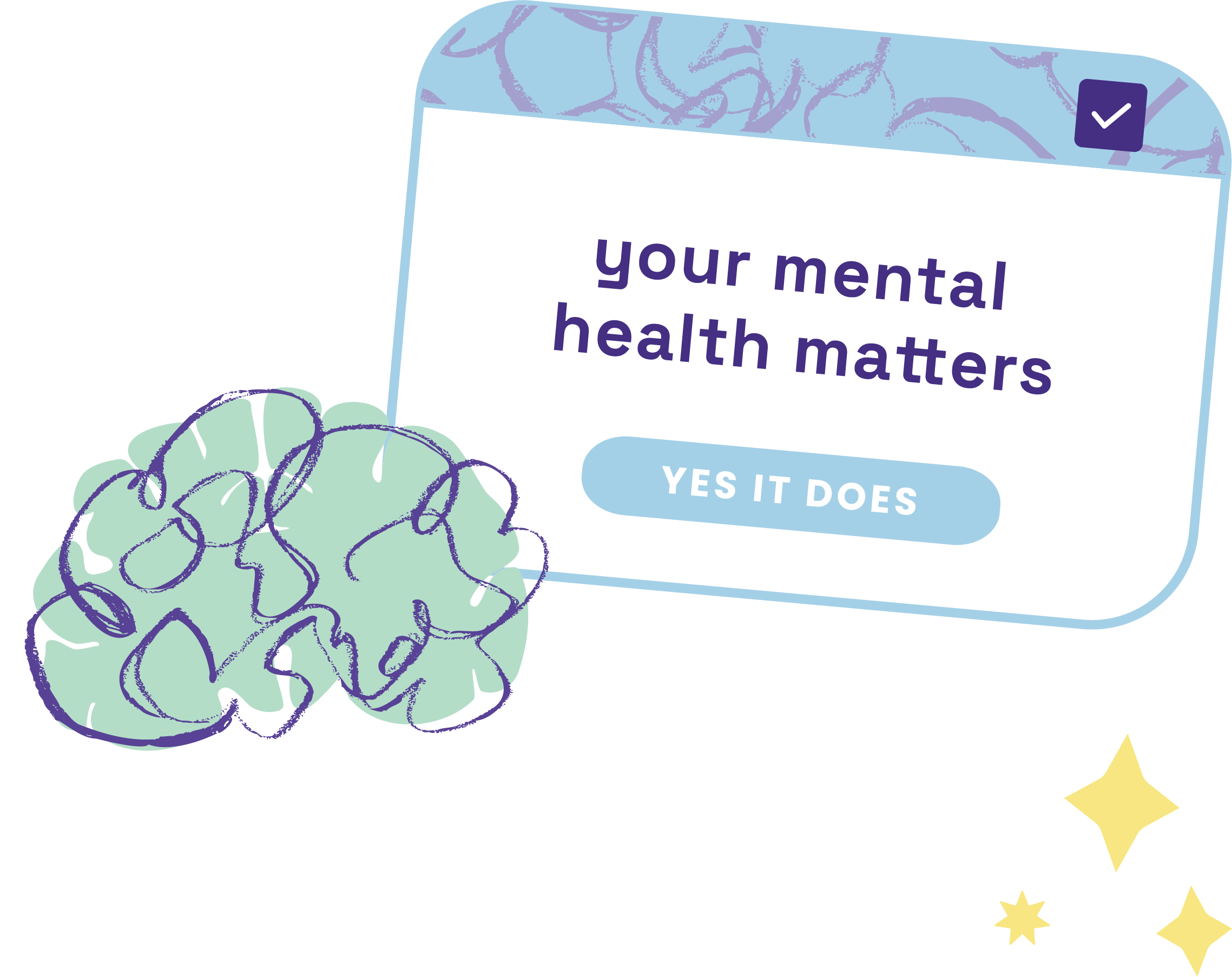
Reducing the mystery and confusion of mental illness can help foster more compassion and empathy towards others and reduce stigma. By providing youth with information about mental illness, we can equip them with the necessary language to talk about it with others. This creates opportunities to express needs, access resources, and process experiences. A better understanding of mental illness and overall mental health provides security and empowerment.

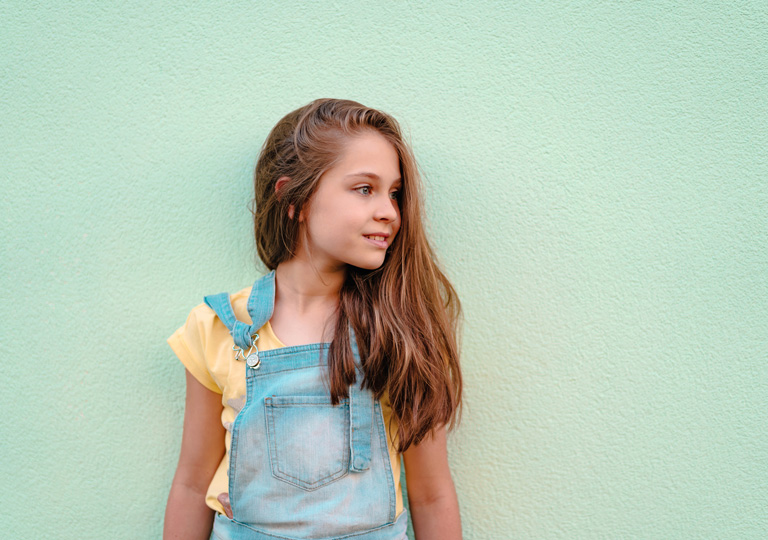
For kids ages 8-12 who have a loved one with a mental illness.
Learn more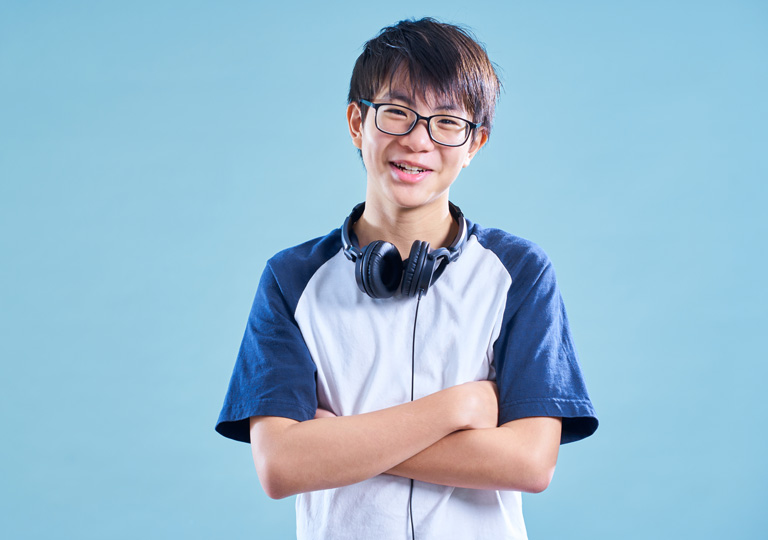
For youth ages 11-12 who have a loved one with a mental illness.
Learn more
For youth ages 13-18 who have a loved one with a mental illness.
Learn more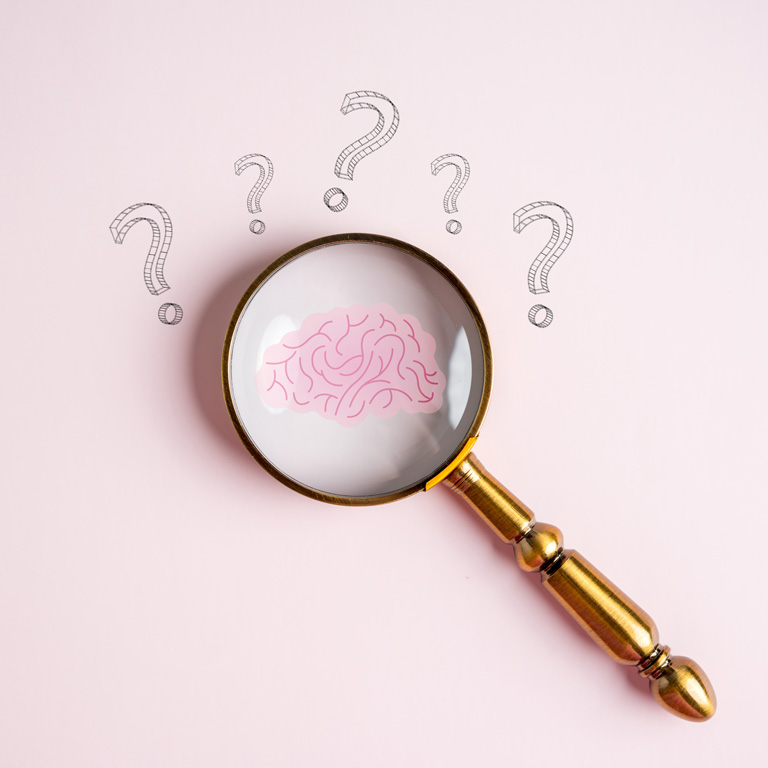
You can’t cause it.
You can’t change it.
But you can care for yourself.
BCSS Youth offers free education and support programs for children and youth (8-18 years) who have a family member with mental illness (e.g. schizophrenia, bipolar disorder, depression, etc.). These programs aim to foster resilience and increase understanding of severe and persistent mental illnesses.
When given the tools to talk about mental illness, children and youth are able to express compassion for their loved ones and, in turn, better express needs, access resources, and process experiences.
Education
Mental illness and mental health are often used interchangeably, but there is a difference. Mental health affects everyone and is defined by how we feel, think, solve problems, handle stress, maintain relationships, and interact with the world. And while mental illness isn’t the opposite of mental health, the two can be connected.
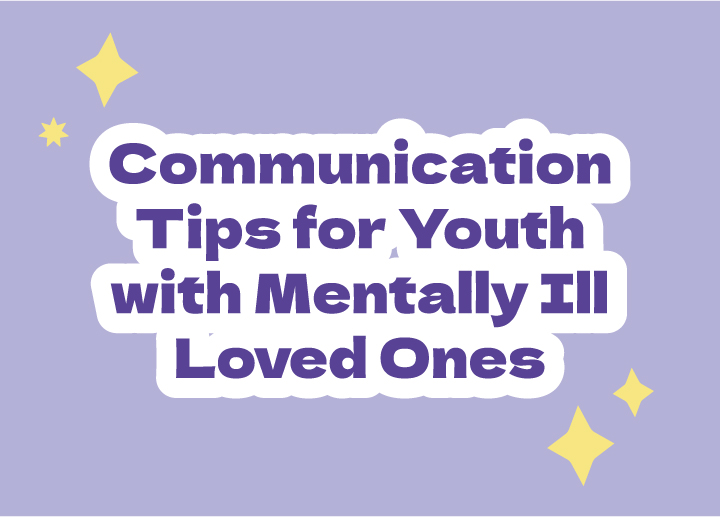
This video shares information and tips to help better communicate with loved ones who have a mental illness.
Watch now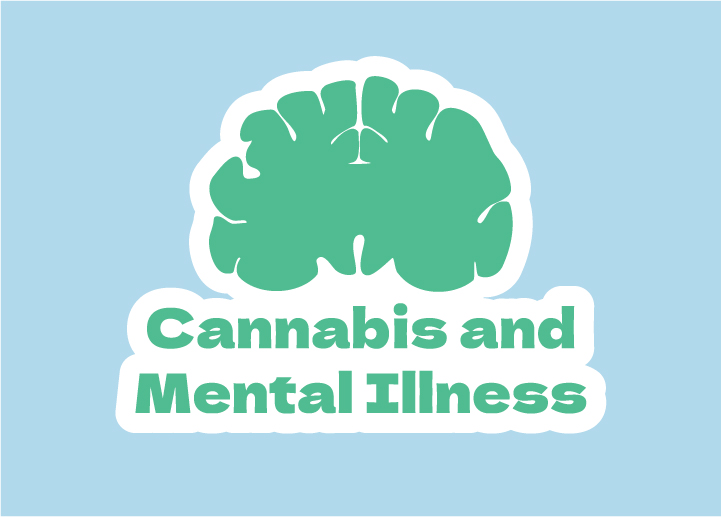
Learn about the potential effects that marijuana and THC can have on the mental well-being of youth and children.
Watch now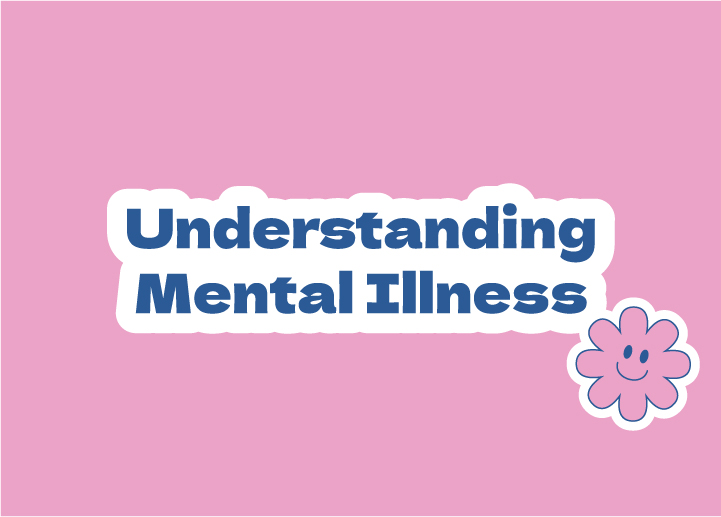
The “Caring for You” video series brings topics from Kids in Control programs to your own home to watch together.
Watch now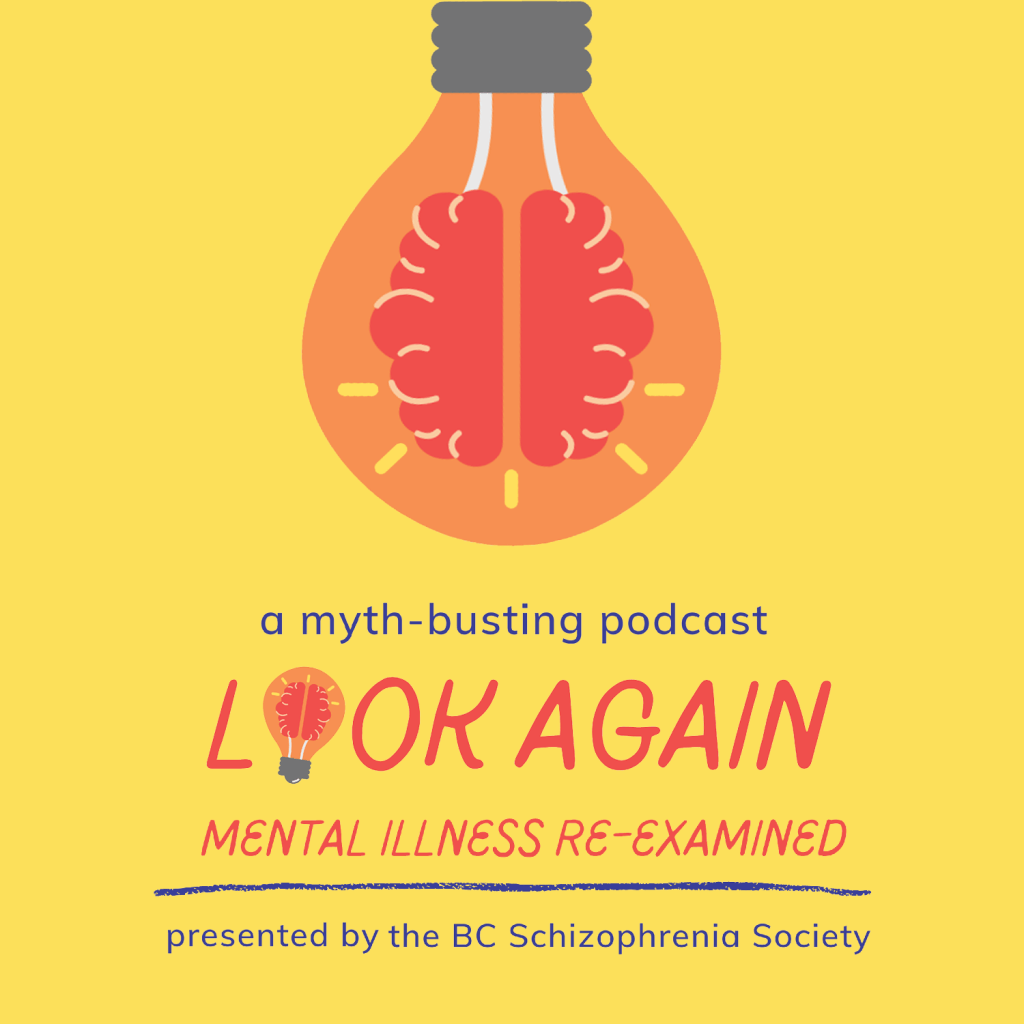
Listen now
‘Look Again’ is a ground-breaking new podcast that highlights the humanity of people living with mental illness by sharing the voices of medical experts, family members, and people with lived experience.

Our brains are message centres that send messages to different parts of our…
Read more
Navigating the transition into the competitive workforce can be a complex and often…
Read more
Hi, my name’s Mary Beth Hall and I am the KIC/TIC manager at…
Read more